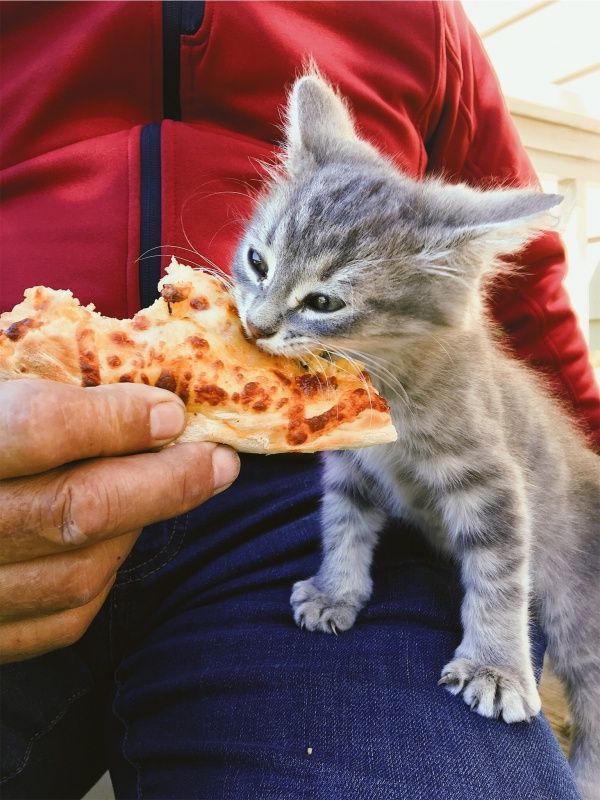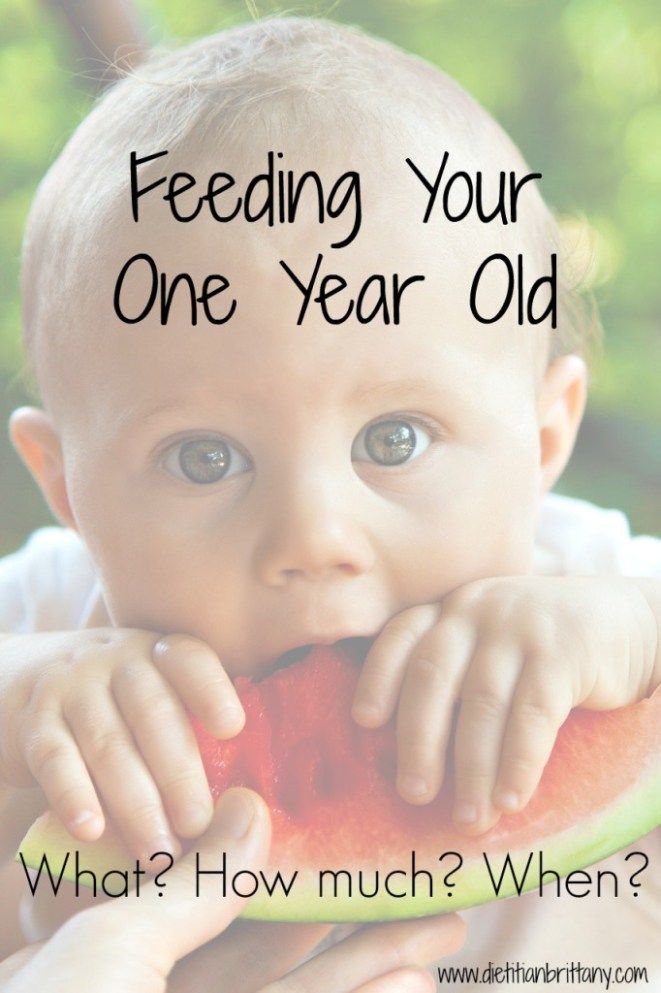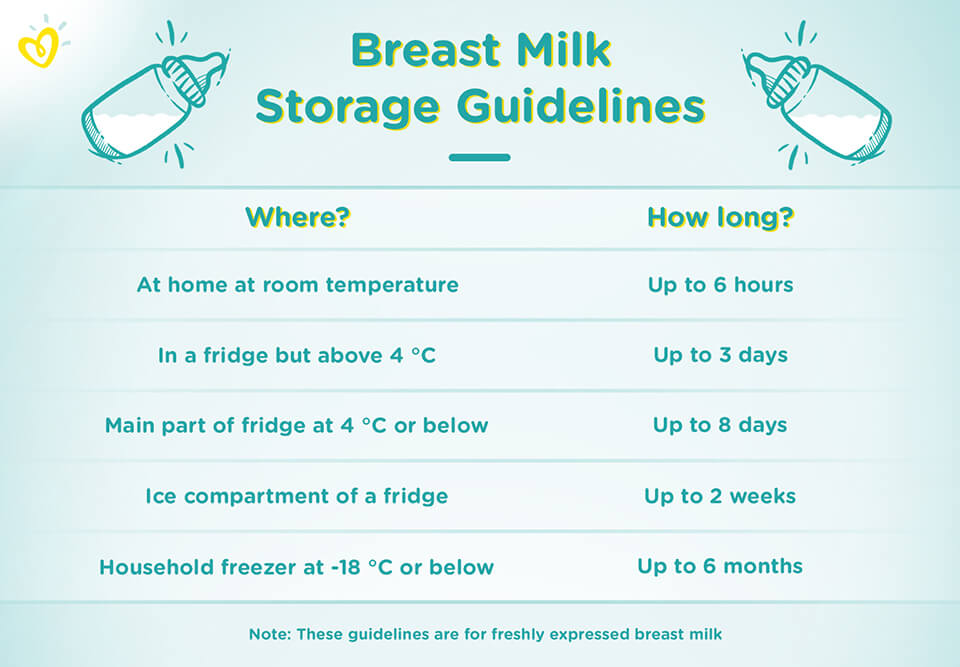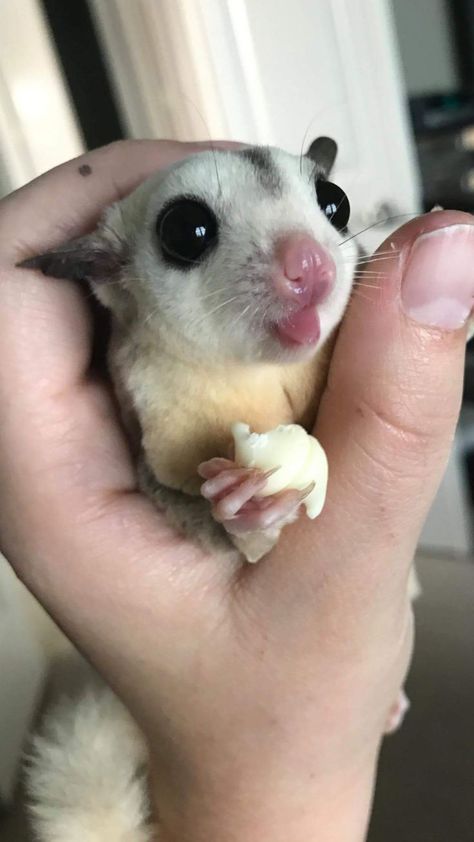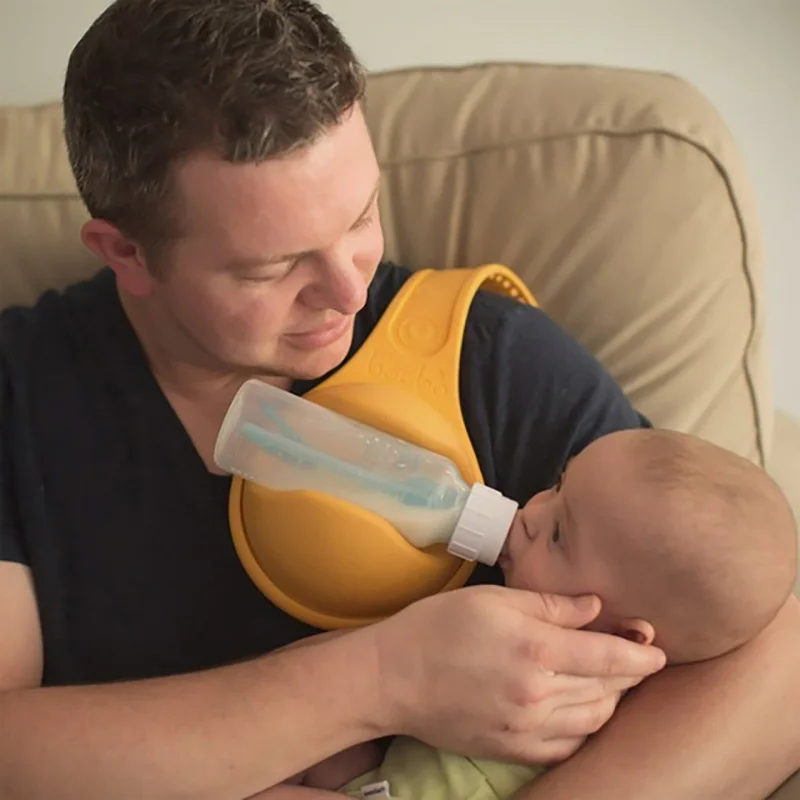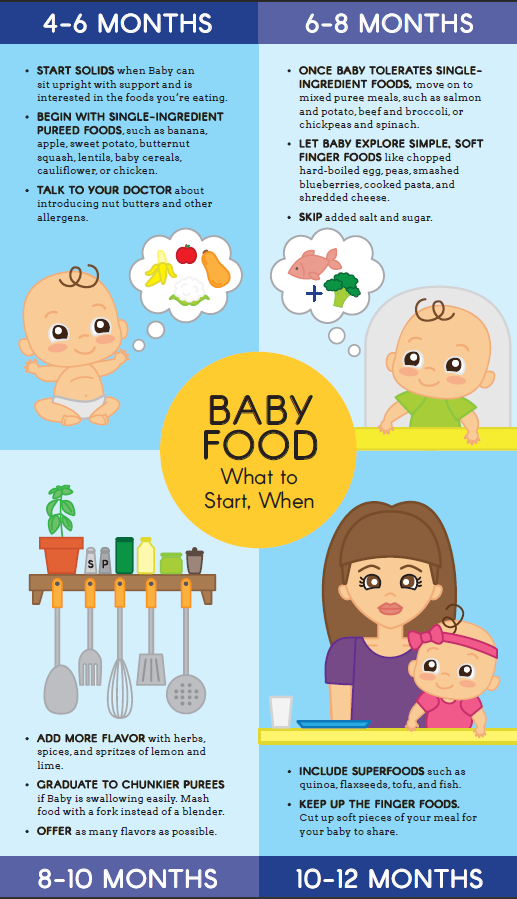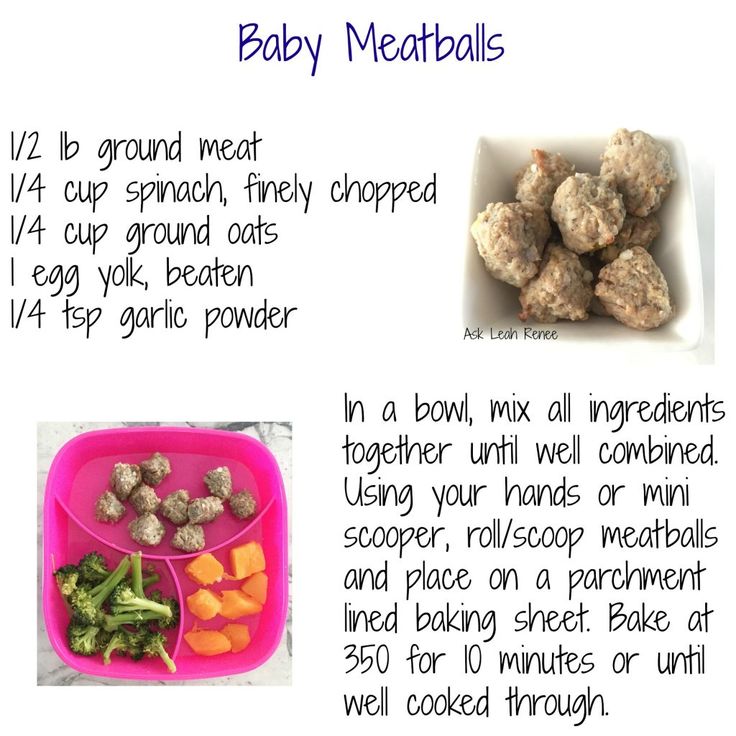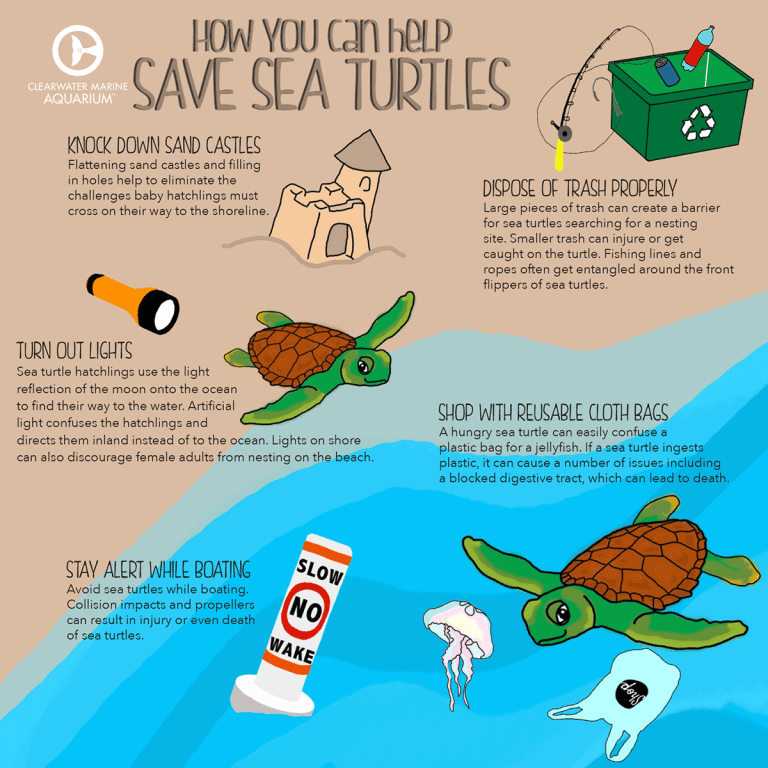Can kittens eat baby food
Baby food for cats—does it make sense?
21.04.2022
For most cat parents, their feline companion will always be a baby, no matter how big they grow! But does that mean they should eat like one, too? Is baby food for cats a suitable diet choice?
Out of all “people food,” pureed meat, veggies, and fruit are probably the safest option for our furry friends. Products for infants are typically additive-free and light on the tummy, but that doesn’t mean specific risks aren’t involved. Let’s see which recipes are cat-safe and which ingredients to watch out for when buying baby food for your cat.
Is baby food safe for cats?
Baby food is a puree made with meat, veggies, or various fruits. Most recipes are cat-safe, but some can contain ingredients harmful to felines. If you want to give your cat some baby food, make sure it doesn’t have:
- Allium plants—Meat-based baby food is sometimes seasoned with onions and garlic.
Cats shouldn’t eat allium plants because they can cause temporary or long-term anaemia. The oxidants in the veggies speed up hemolysis, i.e. the breakdown of red blood cells, impeding the oxygen delivery. Besides anaemia, some cats can develop chronic kidney disease (CKD), especially if they’re genetically predisposed to it, like Persian, Abyssinian, and Siamese cats
- Citrus fruit—Don’t give your kitten food containing lemons or oranges because they’re highly toxic to felines. The essential oils in citruses can provoke gastrointestinal problems and affect the cat’s central nervous system. A spoonful of citrusy baby food could cause vomiting, diarrhoea, abdominal pain, and seizures. Allergy-prone breeds, like the sensitive Bengal, can even develop skin irritation
- Grapes—Veterinarians aren’t sure which substance in grapes is the root of the toxicosis. It could be tartaric acid, which is generally toxic to pets, or a certain fungal toxin in the fruit. If your cat eats baby food with grapes, it could cause acute kidney disease
- Chocolate—Baby food with chocolate or cocoa contains caffeine, which affects the feline’s central nervous system and heart function.
 The substance causes vomiting and diarrhoea, abnormal heart rhythm, tremors, and seizures in cats
The substance causes vomiting and diarrhoea, abnormal heart rhythm, tremors, and seizures in cats
Can baby cats eat baby food?
Weaning kittens can eat baby food, provided it’s unseasoned and free of harmful ingredients (e.g. toxic fruits or veggies, caffeine, etc.). If the kitty is still nursing, they shouldn’t have any solid food. While pureed meat isn’t exactly solid, it’s still unsuited for kittens who aren’t old enough to feed independently.
In the first three to four weeks of their lives, kittens can only stomach breast milk or milk replacer formulas (KMR) if they’re separated from their mothers. KMR supports steady growth and weight development while safeguarding your kitten’s sensitive tummies. That’s why you shouldn’t give your kitty cow milk or even plant-based alternatives (e.g. soya or almond), or they’ll get diarrhoea.
Once the kitten’s eyes are fully open and they get their first set of teeth, you can expand their meal plan.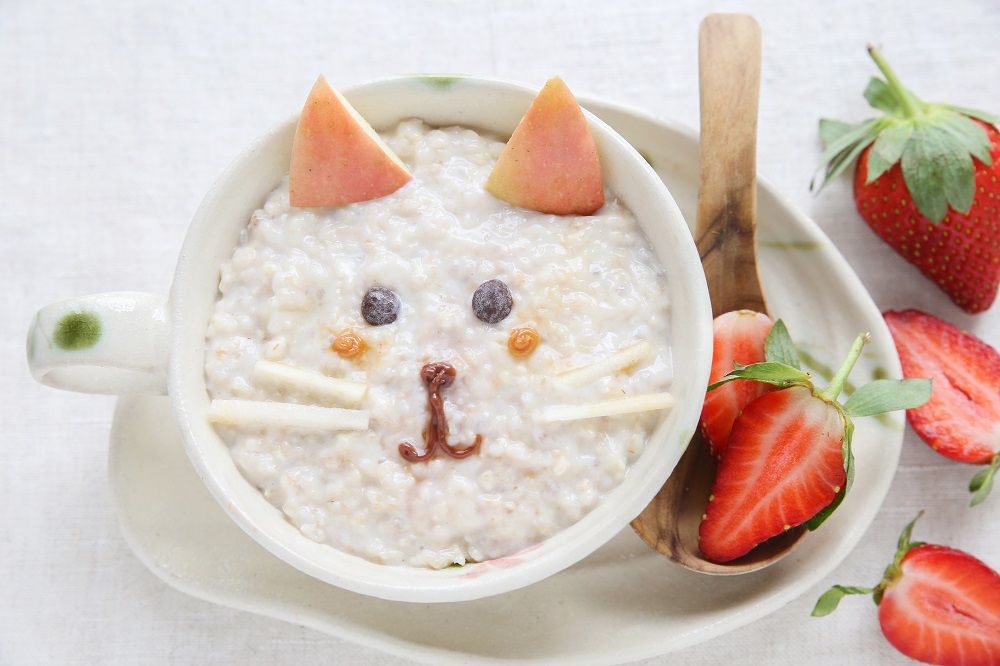 Baby food is pretty mild, so your kitty can have it as a treat. When it comes to their daily meals, you should serve them specially formulated kitten food or high-quality wet food.
Baby food is pretty mild, so your kitty can have it as a treat. When it comes to their daily meals, you should serve them specially formulated kitten food or high-quality wet food.
Kittens are sensitive during their first few weeks and can’t digest baby food.
Source: 12029
Can my elderly cat eat baby food?
Older cats have different eating habits from kittens and full-grown felines because of their deteriorating health. As they mature, cats are more likely to experience
- Gastrointestinal problems
- Appetite loss
- Dental disease
Baby food can work well as a dietary supplement for the ageing feline. The soft, mushy texture is perfect for cats with sensitive teeth. Purees are also highly digestible and quite palatable, so they might kick-start their appetite.
You should still encourage your oldtimer to eat cat food every day since it’s more nourishing. If they struggle with chewing, you can soften the meal with hot water, or better yet—a hearty (but unseasoned) soup or broth!
How often can I feed my cat baby food?
If the recipe doesn’t have any problematic ingredients, it’s okay to give your cat baby food as a treat, i.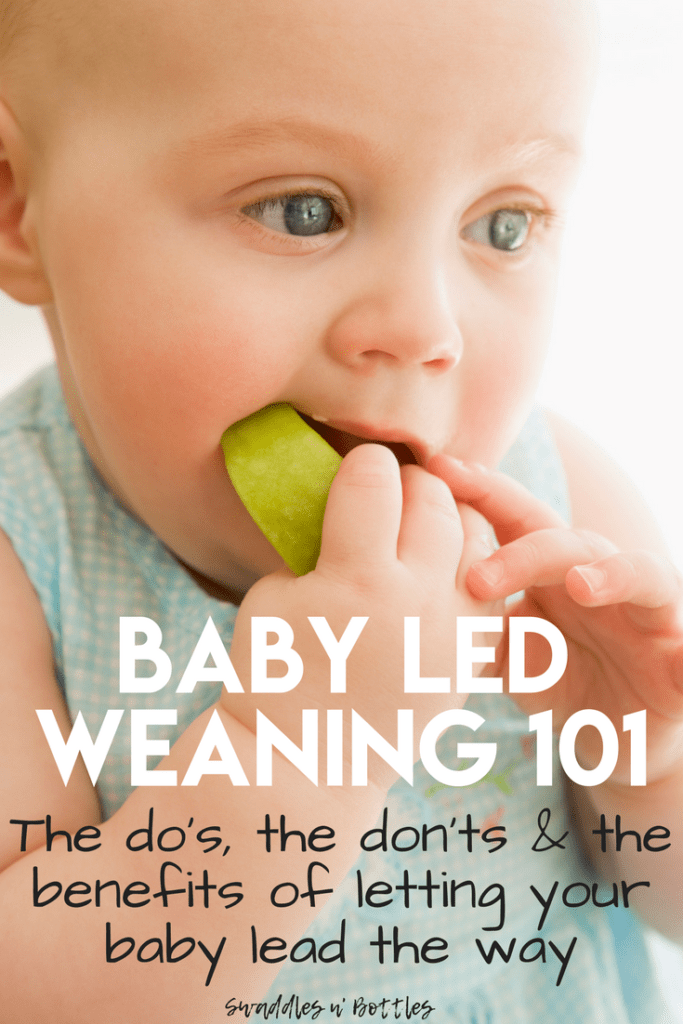 e. once or twice per week. Complementary food is an excellent way to ensure your cat doesn’t get bored with their meal plan. If you stick to the recommended calorie intake for indoor cats (40 calories per one kg), moderate servings of baby food are okay.
e. once or twice per week. Complementary food is an excellent way to ensure your cat doesn’t get bored with their meal plan. If you stick to the recommended calorie intake for indoor cats (40 calories per one kg), moderate servings of baby food are okay.
Remember not to go overboard with the portions. Half a teaspoon (2–3 g) of baby food every now and then is more than enough for cats. You can also hand-feed your pet by sticking the tip of your finger in the puree and letting them lick it.
Feeding your cat baby food when they’re sick
Baby food can come in handy when your cat is recovering from an illness or infection. After being sick for a while, felines can lose their appetite for regular cat food.
Small servings of baby food can keep them nourished until they return to their standard meal plan. The recipes are designed for infants with sensitive stomachs, so they’re incredibly mild. Additionally, more than 20% of baby food made in the UK is organic, so it’s free of artificial flavouring, preservatives, and other additives that have no place in your cat’s meals.
Remember, baby food for sick cats should be transitional. As soon as your pet gets better, start giving them regular cat food.
What’s the best baby food for cats?
I heard we’re having chicken puree for dinner tonight.
Source: Dorothea OLDANI
Since cats are obligate carnivores, the best choice would be unseasoned meat-based baby food. If you’re buying off-the-shelf products, double-check for herbs, spices, and other toxic ingredients. Avoid recipes that include starchy vegetables, rice, and other high-carb ingredients since they don’t have any biological value.
Felines are attuned to a carnivorous diet and lack the enzymes to break down carbs. When given in moderation, the grain in baby food won’t hurt them, but binge-eating can lead to indigestion. Cats shouldn’t have more than 3% carbs in their daily meals.
Ultimately, the best baby food for cats is homemade pureed meat since you’ll have complete control of the recipe. Here’s how to make baby food for cats at home:
Here’s how to make baby food for cats at home:
- Put some chicken or turkey in water. Don’t add herbs, spices, vinegar, or oil
- Gently simmer until the meat’s entirely cooked
- Let the meat cool for about ten minutes
- Put it in a food processor and add 180 ml of water (or KMR for kittens)
- Blend it into a puree
Avoid adding bacon, sausage, pork rinds, and other deli meat in the mix since it’s too fatty. Use lean ham or giblets if you want to “season” the puree with some extra protein.
You can also include veggies and fruit in your homemade baby food for cats, including:
| Fruits | Veggies | Plants and fungi |
|
|
|
…and what’s the best food for cats?
As digestible and delicious as baby food can be, it’s still not enough to cover your cat’s nutritional needs. The feline metabolism is conditioned to a meat-exclusive diet and requires high amounts of protein to function properly.
The feline metabolism is conditioned to a meat-exclusive diet and requires high amounts of protein to function properly.
Cats can only harness protein from animal tissue, so veggies and other plant-based sources are obsolete. Protein is responsible for the feline’s muscle formation, tissue growth, immune resilience, and vital organ function. It’s also their primary energy source since cats aren’t fueled by carbs.
Without protein, your carnivorous pet won’t be able to synthesise essential amino acids, primarily taurine and arginine. An amino acid deficiency can result in
- Retinal degeneration
- Cardiomyopathy
- Altered white-cell function
- Developmental issues
Cats should have meat for breakfast, lunch, dinner, and dessert.
Image (c) Untamed
In the wild, cats would get taurine and other indispensable nutrients from fresh meat, mainly rodents, game, and birds. An entirely raw diet presents a health hazard for indoor cats. Raw meat can contain harmful bacteria and parasites that cause life-threatening infections.
Raw meat can contain harmful bacteria and parasites that cause life-threatening infections.
The best choice for your meat-eating pet is a wet-food-based diet. Both semi-moist and moist products are made to mimic the feline’s natural feeding pattern in terms of nutrients and are entirely free of microbial pathogens. Unlike kibble (i.e. dry food) that’s much more processed, wet food is rich in moisture, protein, and bioavailable vitamins and minerals that'll keep your cat in tip-top shape!
Browsing for the best cat food? Get Untamed!
When it comes to high-quality cat food, Untamed is unmatched! Our healthy and delicious products are:
- High in protein—One serving of Untamed food delivers twice as much animal protein as the industry standard
- Made with whole meat—We make each recipe with human-grade whole meat that’s packed with bioavailable protein, vitamins, and minerals
- Hypoallergenic—All our recipes are vet-formulated and free from grain fillers, preservatives, animal derivatives, and all known allergens
- Ethically sourced—Our chicken and duck meats are ethically sourced, and all our fish is sustainably caught
Untamed food is attuned to your pet’s specific physiological needs.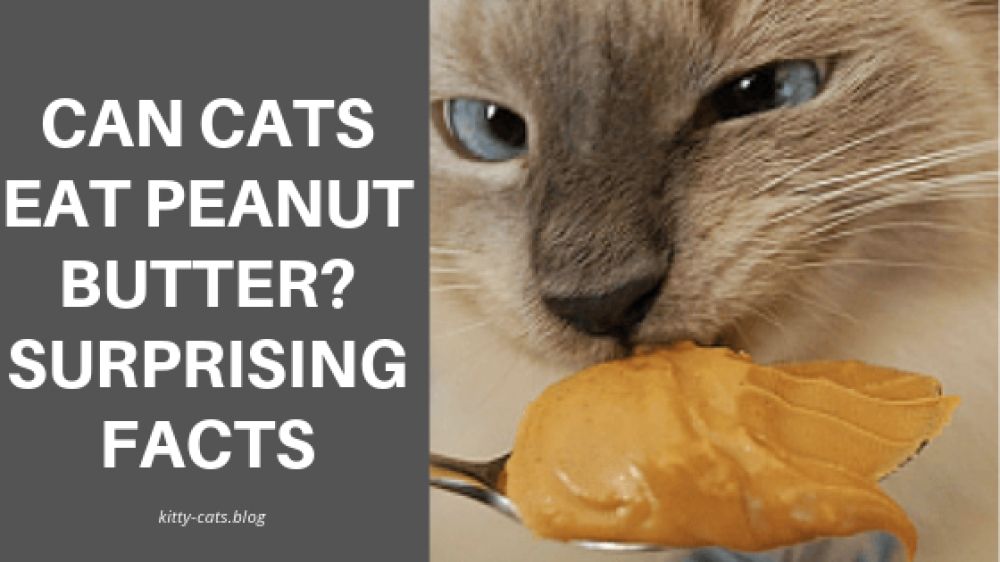 We know what cats want and are happy to give it to them!
We know what cats want and are happy to give it to them!
Image (c) Untamed
Our food's nutritional properties can aid your cat’s overall health. Clients who’ve been with us for a long time have witnessed significant improvements in their pet’s appetite, gastrointestinal health, and physical appearance. Based on the feedback from other members of our happy clowder, you can expect the following health benefits:
| Timeline | Health benefits |
| Within a week |
|
| After two months |
|
| Within four months |
|
| Life-long benefits |
|
Explore our incredible recipes and create a customised menu!
If you fill out a simple questionnaire, you'll have the opportunity to create a personalised menu for your cat! Choose the perfect combination of Untamed products based on your furry friend’s food preferences, allergies, and life stage.
We have a selection of chicken and fish delicacies in gravy and jelly to satisfy picky eaters. You can’t go wrong with Untamed since all our products are made with premium meat cuts, including:
- Chicken breast
- Duck breast
- Salmon fillet
- Tuna steak
- Sardine and mackerel fillet
- Prawns
- Shrimp
Check out our most popular recipes in the table below:
| Our menu | Details |
| Chocka Chicken in Jelly* | Human-grade chicken dipped in mouth-watering, light jelly |
| Chocka Chicken with Duck in Jelly | Fresh chicken breast and irresistible duck meat, served in jelly |
| Chocka Chicken in Gravy* | Shredded chicken breast in thick, natural gravy |
| Tuck-in Tuna in Jelly* | Dolphin-safe tuna steak in appetising and hearty fish broth |
| Tuck-in Tuna with Salmon in Jelly | Tuna steak in jelly with high-quality salmon fillet to enhance the taste |
| Tuck-in Tuna with Shrimp in Jelly | Fresh tuna served with shrimp in jelly |
*Tuck-in Tuna and Chocka Chicken are single-protein-source recipes, perfect for sensitive cats!
Untamed’s Chocka Chicken in Jelly is irresistible to cats of all ages and breeds!
Image (c) Untamed
Join our community and get monthly supplies of Untamed food
Sign up for a trial pack and treat your cat to a real feast! All you have to do is go to our online cat food store and do this:
- Take our Try Now quiz and tell us about your cat
- Choose the best meal plan
- Confirm your order
Your trial pack of Untamed cat food will be home-delivered to you within a day. If your cat enjoys the selection, you’ll start getting monthly supplies of custom-made meal boxes.
If your cat enjoys the selection, you’ll start getting monthly supplies of custom-made meal boxes.
Check out our other guides to what cats can or cannot eat:
| Sausage | Ice cream | Moths | Frogs |
| Peppermint oil | Cake | Beans | Mayo |
| Liver | Broccoli | Almond milk | Sugar |
| Cucumber | Sweet potato | Honey | Peanuts |
| Porridge | Coconut | Raw chicken | Eggs |
| Bananas | Nuts | Blueberries | Crisps |
| Rice | Peanut butter | Pasta | Bones |
| Garlic | Potatoes | Carrots | Vegetables |
| Raspberries | Pineapple | Onions | Oranges |
| Chicken | Pork | Raw meat | Apples |
| Soy milk | Mushrooms | Pumpkin | Slugs |
| Turkey | Mango | Birds | Peas |
| Chocolate | Cheese | Bacon | Grapes |
| Bread | Lactose-free milk | Adult cat food | Sweetcorn |
| Avocado | Tomatoes | Strawberries | Catnip |
| Ham | Popcorn | Olive oil |
|
Can Cats Eat Baby Food? (Good Option for Senior or Sick Cat)
If you have run out of cat food but have a closet stocked with your infant’s favorite meals, you may be wondering, “can cats eat baby food?”
Ever Wondered If Cats Can Eat Baby . ..
..
Please enable JavaScript
Ever Wondered If Cats Can Eat Baby Food?
On the other hand, you may have an elderly or sick cat turning its nose up at regular cat food and find yourself desperate to get her to eat.
But should your sick cat be allowed a bit of human food; or can your senior cat eat baby food?
Read on to find out!
READ MORE: Can Cats Have Anchovies?
Can Cats Eat Baby Food?Yes, cats can eat meat-based or plain meat baby food, so long as you read the ingredients list on the label and ensure they contain nothing toxic for cats.
In general, the occasional spoonful of plain meat baby food for your cat as a treat should be fine.
However, about 60% of cats in the US are overweight or obese, a condition that causes various severe health problems as your feline ages.
So pet parents need to be careful of feeding their cat baby food in larger quantities. According to Cailin Heinze, VDM, DACVN, pets should receive no more than 10% of their daily calorie intakes from treats.
But since some simple meat-based baby food looks similar to the pâté-style foods we find in the cat food aisle, we may be tempted to feed our cat a jar or two in a pinch.
We may also be thrilled to discover that they love it, and some picky-eaters have been known to turn up their nose at anything else.
However, this does not mean that you should allow your cat to eat baby food instead of FDA-approved cat food forever.
Commercial pet food is fortified with AAFCO (American Association of Feed Control Officials) approved essential amino acids, fatty acids, vitamins, and minerals.
This nutrient profile is needed to create complete cat food that meets their basic nutritional requirements.
This is quite important since cats have particular needs for certain levels of amino acids such as thiamine and taurine, and too little of these can prove fatal.
In fact, in the 1970s, thousands of cat deaths and blindness were traced back to a lack of taurine in cat food.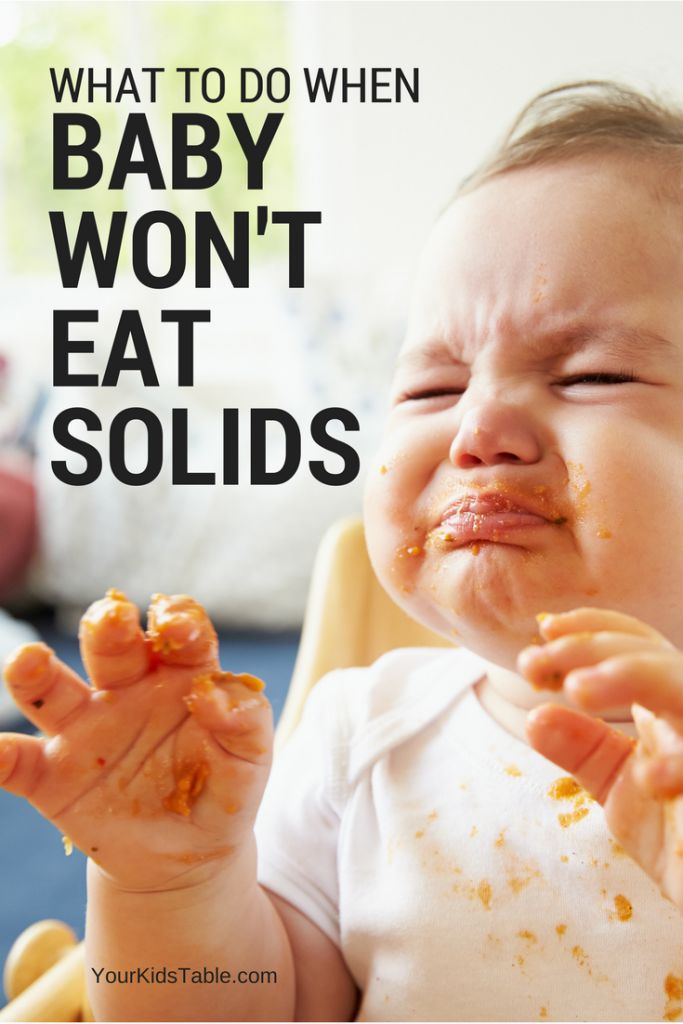
It is unlikely that baby food will have the correct levels of taurine or other necessary nutrients. Therefore, it should not be fed for a prolonged period.
However, baby food is still among the gentlest foods made for delicate baby stomachs.
So, there are several instances where you may want to use it for nursing your kitty through a rough patch:
- If your cat has a sore tooth or mouth and is struggling to eat.
- Cats who are ill, such as those with liver disease or cancer and have a reduced appetite.
- Cats who have tummy troubles like vomiting and diarrhea.
- Senior cats that need to be enticed to eat by having some added to their food bowls.
In these cases, baby food is great because it requires minimal chewing. It can be handfed, and when it is heated to room temperature, it can be an effective appetite stimulant.
It also has a high moisture content that can help digestion as this is closer to the high moisture content cats would naturally in the raw food they eat in the wild.
Unlike raw food, however, the jars are hermetically sealed.
So, you don’t need to worry about a high bacteria content that could further upset a cat with a sensitive stomach’s digestive tract.
All of this is an excellent way to get food into your cat until they get their strength back and can eat their regular food again.
Watch this recap video below:
READ MORE: Can Cats Eat Crackers?
Is Baby Food Safe for Cats?Yes, plain meat-based baby foods with no additives, seasonings, or toxic ingredients are mostly safe for cats.
However, a recent study found dangerously high levels of heavy metals such as arsenic, mercury, or cadmium in one in four tested baby foods.
This can build up in your cat’s body over time, so a long-term baby food diet is out.
For this reason, it’s also best to avoid food that contains rice, sweet potato, carrots, or any type of fruit juice, as these have the highest levels of toxic chemicals.
Nevertheless, so long as you are only feeding the baby food for a limited time and it is basically puréed meat, it is a good option in a pinch.
But it should be made with ingredients that do not contain any fruit or substances that are toxic or very unhealthy to cats, such as:
- rhubarb,
- raisins,
- dairy products (lactose intolerant),
- garlic or garlic powder (and other alliums such as onions, chives, or leeks)
- xylitol,
- or chocolate.
Remember, even certain vegetable mixes are too high in fiber and cause your cat an upset stomach.
After all, cats are obligate carnivores, and so they are not designed to eat substantial amounts of plant matter.
Ensure that you read the label thoroughly, though. For instance, Gerber’s 2nd Beef and Beef Broth Jar also contains lemon juice, which may be a little too acidic for your cat’s tummy.
READ MORE: Can Cats Eat Almond Oil?
How Much Baby Food Can Cats Eat?If you are feeding your cat baby food as a treat because it is something they enjoy, then a whole plate of food is obviously not the way to go.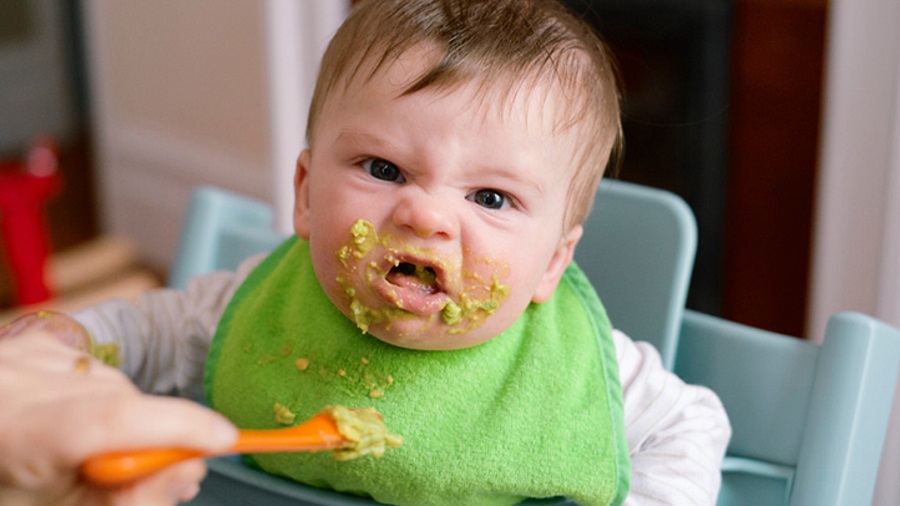
A spoonful here or there on top of their regular food is fine, provided it is within their daily calorie limit.
If you are a new mom and find you have run out of cat food one evening, but you have a cupboard full of Gerber 2nd Chicken and Chicken Broth, then go ahead and replace the meal with what you have.
One or two meals replaced with safe meaty baby food is unlikely to do your kitty any harm. Just don’t make it a habit.
For sick cats with appetite loss, or senior cats who seem to struggle with their usual food, hand-feeding baby food that has been gently heated to around 100°F might encourage them to eat.
In this case, you can feed them as much as they are willing to take, but do not force the issue.
Always feed a cat with trouble eating in a quiet but familiar part of the home.
You can try using a feline hormone diffuser to soothe them and signal that everything is “okay.”
Try putting a touch of baby food on your finger and touching it to their lips to see if they will lick it off.
If this doesn’t work, you can put a little baby food in a syringe and gently try dribbling it into their mouth. Again, do not force them to eat.
Force-feeding cats at home is stressful for both of you and can result in injury.
Instead, you can try mixing baby food with anything else you think may entice them, such as cooked egg, tuna flakes, or chicken broth.
If your cat still refuses to eat, do not wait too long to see the vet. T
he problem may be more serious than you realize, and your vet may prescribe an appetite stimulant to help them along.
In severe cases, your cat may need a feeding tube— called esophagostomy tubes—to provide them with the nutrients and electrolytes they need.
This should be left to professionals.
READ MORE: Is Alstroemeria Toxic to Cats?
What is the best baby food for a cat?
There are types of baby food that are a good option for sick or elderly kitties who need soft food to get them through a rough patch.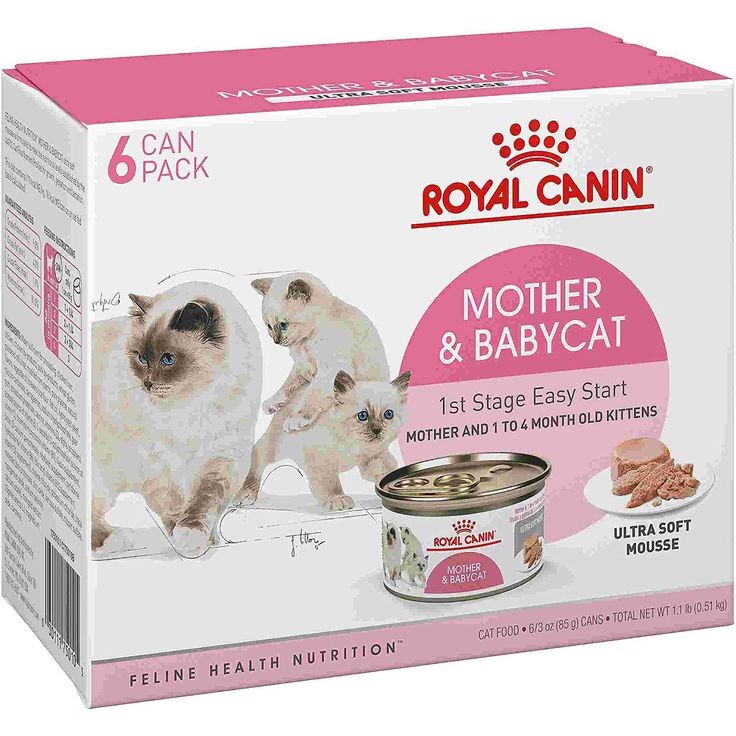
Some products from recognized baby food brands that we recommend— in moderation and for limited periods—are:
- Earth’s Best Organic Turkey and Turkey Broth Jar (created using only organic ground turkey and turkey broth).
- Gerber 2nd Foods Chicken & Gravy (made with ground chicken, water, and cornstarch).
- Beech-Nut Beef + Beef Broth Jar stage 1(made with beef and beef broth; no added flavorings, onion, or garlic)
- Beech-Nut Chicken + Chicken Broth Jar stage 1(made with chicken and chicken broth; no added flavorings, onion. or garlic)
3
Alternatives to Baby Food for CatsIf your cat turns their nose up at baby food, or if you are worried about heavy metals or an incomplete amino acid profile, there are plenty of alternatives.
It may just take some trial and error to find a type of food that works
1. Prescription Food
If your cat is ill with something chronic such as liver or kidney disease, or if they have constant digestive problems, your vet may recommend a therapeutic or prescription food for your kitty.
While many owners report sterling results, keep in mind that these diets aren’t always that different from everyday cat foods and are quite pricy.
In fact, there is currently a class-action lawsuit concerning whether prescription diets such as those for cats with kidney disease should really be marketed as different from other wet cat foods with similar ingredients.
2. Homemade Soup
Suppose your cat simply doesn’t want to eat their regular dry food or has a poor appetite due to something non-life threatening, such as stress.
In that case, you can try enticing them with some tuna flakes or a little boiled chicken mixed in their food.
If they have trouble chewing or swallowing, creating your own pureed food with boiled chicken and a low-sodium broth can be an excellent choice for cats.
3.
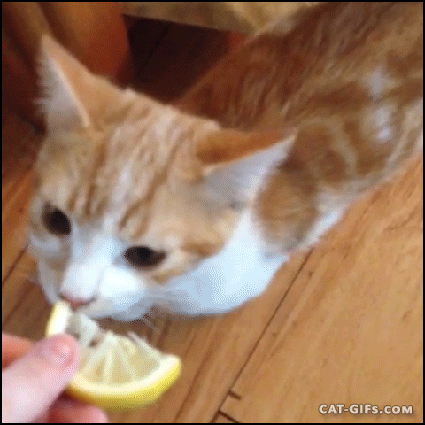 Kitten Food
Kitten FoodIf your cat is having trouble eating, a few doses of specially formulated kitten milk can be a great choice.
It is generally fortified with vitamins and minerals and is amongst the gentlest foods for the sensitive tummy.
It can also be liquidized with solids if you need food with a soft texture.
Another plus is that kitten milk does not contain the lactose in normal milk, which cats can’t properly digest.
You can also try wet kitten food, but keep in mind, neither formulated kitten milk nor kitten food of any type is ideally formulated for adult cats.
So it should be fed in moderation for limited periods.
READ MORE: Can Cats Have Cinnamon?
Can Cats Eat Baby Food FAQsThe soft texture is also great for cats with dental issues who find it painful to chew or cats who are simply too weak to feed themselves and need to be handed.
However, baby food is not a long-term option and should only be provided until your cat is strong enough to eat a more balanced diet.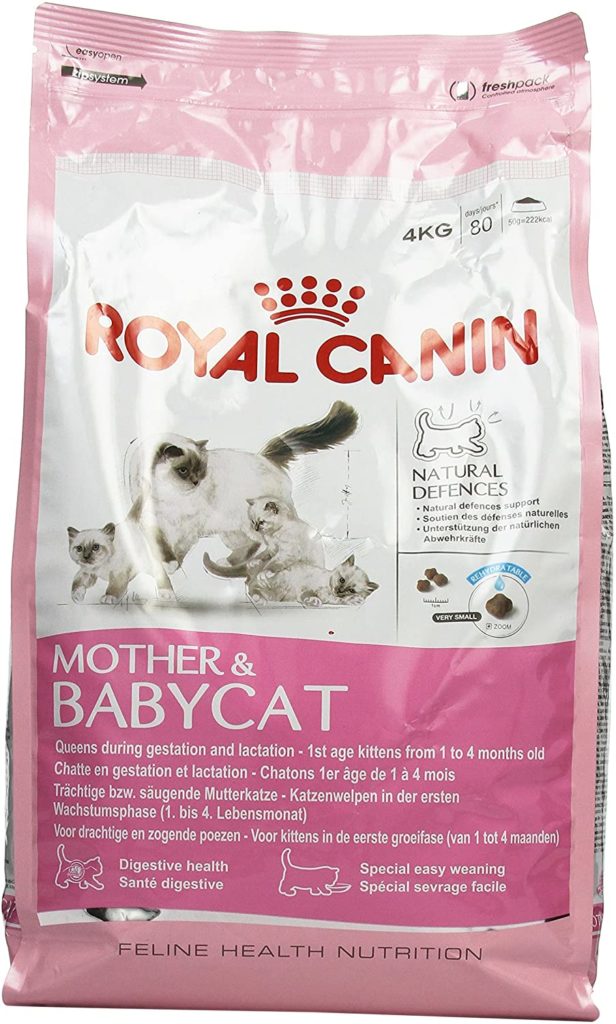
Final Thoughts
In general, plain meat baby food is a simple and easy way to get an elderly or ailing cat to eat.
Although baby food is not nutritionally balanced for felines and feeding it as a primary meal for a prolonged time can cause severe deficiencies, the right recipe is usually gentle on delicate stomachs.
The soft texture is also ideal for painful mouths and throats. So feeding baby food until your kitty gets their strength up might be an effective appetite stimulant.
References
- 2018 — Association for Pet Obesity Prevention. 2018. “Association for Pet Obesity Prevention.” Association for Pet Obesity Prevention. 2018. https://petobesityprevention.org/2018.
- Coates, Jennifer. 2014. “How to Get a Sick Cat to Eat.” Petmd.com. PetMD. December 26, 2014. https://www.petmd.com/blogs/nutritionnuggets/cat/dr-coates/2014/december/getting-cats-eat-even-when-theyre-sick-32367.
- Curley, Bob. 2019. “Toxic Chemicals Can Be Found in Most Baby Food — What Parents Can Do.
 ” Healthline. Healthline Media. October 22, 2019. https://www.healthline.com/health-news/toxic-chemicals-baby-food-parents-can-do.
” Healthline. Healthline Media. October 22, 2019. https://www.healthline.com/health-news/toxic-chemicals-baby-food-parents-can-do. - estaff. 2019. “What Can Cats Eat – and What Are Dangerous Foods for Cats? – Tufts Catnip.” Tufts Catnip. March 2019. https://www.tuftscatnip.com/foodandnutrition/what-can-cats-eat-and-what-are-dangerous-foods-for-cats/.
- MAUGH, THOMAS H. 1987. “Thousands of Cat Deaths Traced to Pet Food Deficiency.” Los Angeles Times. Los Angeles Times. August 14, 1987. https://www.latimes.com/archives/la-xpm-1987-08-14-mn-805-story.html#:~:text=In%20the%201970s%2C%20nutritionist%20Quinton,such%20as%20an%20impaired%20gait..
1. Vet Q&A: Can cats drink milk? . www.pdsa.org.uk. Available from: https://www.pdsa.org.uk/what-we-do/blog/vet-qa-can-cats-drink-milk
2. Why Do Cats Love All Dairy Products? in Charlottesville, VA . Charlottesville Cat Care Clinic. Available from: https://cvillecatcare.com/veterinary-topics/why-do-cats-love-all-dairy-products/
Can cats eat baby food? Have you tried feeding your kitties with it? Please share with us below!
Tamsin
Hi, I’m Tamsin.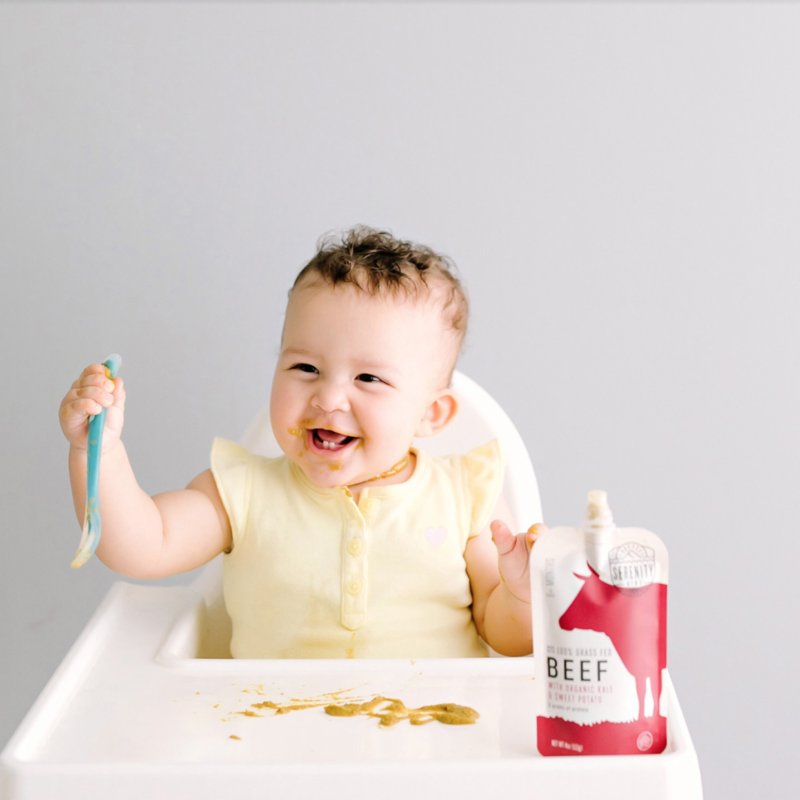 I’m a serious animal lover and dog behaviorist and trainer. In fact, I live on a farm with nine rescues! So, I love writing about and creating awareness around the health and wellness of all animals.
I’m a serious animal lover and dog behaviorist and trainer. In fact, I live on a farm with nine rescues! So, I love writing about and creating awareness around the health and wellness of all animals.
Find her on Linkedin. Read her latest articles. Learn more about Tamsin here
Is it possible to give cats baby food?
1) What is baby food
2) Can I give baby food to a cat? Pros and cons
3) What can be replaced?
What is baby food
Many owners believe that everything done for children is absolutely hypoallergenic and safe, so they give baby food to cats and kittens without hesitation. This includes special purees and mixtures of vegetables and meats intended for feeding babies. The most popular manufacturers are companies such as Agusha, Gerber and so on. However, are such dishes included in the list of products that are not harmful to your pets? Let's figure it out! nine0005
Is it possible to give baby food to a cat? Pros and cons
The general answer is yes, you can, but there are many nuances that the Murkosi team will tell you about in this article.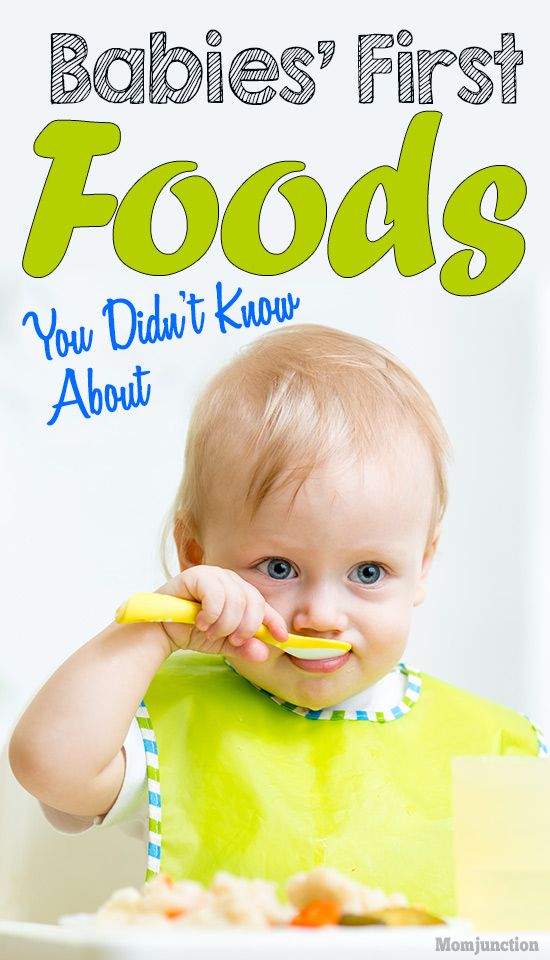 First of all, it is worth understanding that cats are predators and that of infant formulas, meat ones are most suitable for them (except for some special cases). However, even they are not a complete diet, that is, such food cannot be fed to a pet on an ongoing basis.
First of all, it is worth understanding that cats are predators and that of infant formulas, meat ones are most suitable for them (except for some special cases). However, even they are not a complete diet, that is, such food cannot be fed to a pet on an ongoing basis.
A valid option for baby food for a cat is in those moments when he is weakened, cannot chew and digest healthy food. This is usually associated with past illnesses and operations, with diseases of the esophagus and gums. But even in these cases, the transfer to a similar diet should occur only on the recommendation of the attending veterinarian. nine0005
For example, baby food can be given to older cats that develop gum disease and tooth loss. If the pet has a sensitive gastrointestinal tract that is unable to digest the usual cat food for some reason, then this type of food can also be offered to him. With such a serious health condition, baby food for a cat will be an excellent alternative to regular food, but owners should pay attention to other important aspects. The first of these is what such food consists of. nine0005
The first of these is what such food consists of. nine0005
To begin with, it is worth understanding what kind (that is, consisting of what components) baby food should be offered to a cat. To do this, it is advisable to know if the fluffy is allergic to any vegetables or meat. The surest way to check is to give your pet one or another puree (from beef or chicken, containing certain vegetables) in a small amount and monitor his condition. If you observe fever, diarrhea, vomiting or any other unhealthy reaction of the cat's body, stop feeding it this product. Offer another mixture, after checking its components for similarity with the previous ones and making sure that they do not repeat. If there is a reaction to it, then it is possible that it is better to avoid infant formulas from this particular manufacturer. In this case, it is better to stop the experiments and seek help from a veterinarian. nine0005
Read about allergies: Food allergies in cats
Next, check the composition for the presence of components harmful to the cat's body.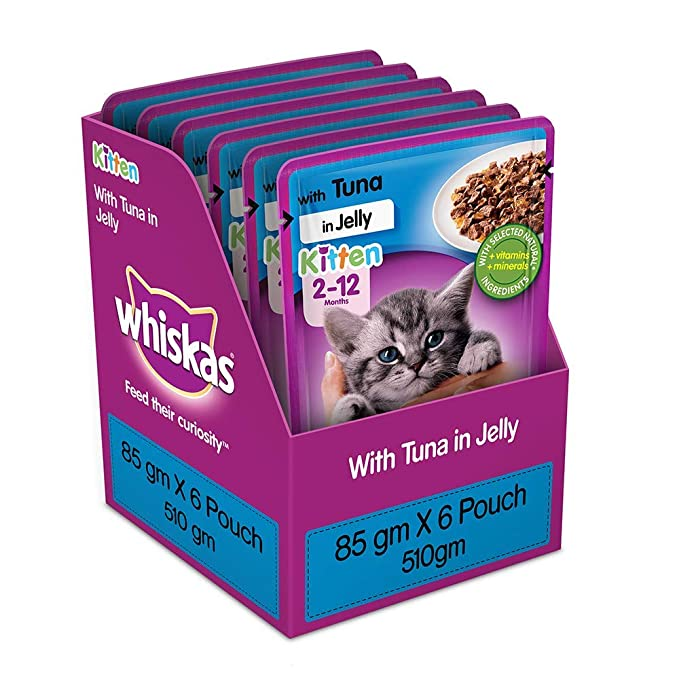 Of course, preservatives are excluded from baby food, but there are still many other substances that are harmful to cats. First of all, don't buy formulas that contain soy for your cat, as this is not part of the cat's natural diet and can lead to serious digestive problems. Lactose is also categorically not recommended for cats, since many mustachioed cats have intolerance to this substance. nine0005
Of course, preservatives are excluded from baby food, but there are still many other substances that are harmful to cats. First of all, don't buy formulas that contain soy for your cat, as this is not part of the cat's natural diet and can lead to serious digestive problems. Lactose is also categorically not recommended for cats, since many mustachioed cats have intolerance to this substance. nine0005
More about the dangers of lactose: Can cats be given milk?
Important! Baby food for a cat should never contain onions, garlic and salt! Onions and garlic contain a disulphide component that promotes the breakdown of erythrocytes (red blood cells) in a cat's body. Its constant presence in the blood leads to the development of hemolytic anemia and can be fatal. If the baby food contains sugar or salt in large quantities, then it should also be avoided, because these substances lead to serious disorders in the digestive system, liver and kidneys. nine0005
What other foods off the table are harmful to cats: Natural food for cats: good or bad?
In the adoption center "Murkosha" they always carefully check the components of the feed that are given to our cats, and we take products only from proven and really high-quality manufacturers. Each owner should also be careful about choosing the diet of his pet.
Each owner should also be careful about choosing the diet of his pet.
Many owners mistakenly believe that they can feed their cats expired baby food. However, this opinion is fundamentally wrong! The cat's body is as sensitive to spoiled food as the human body, so delay can cause poisoning and intoxication. nine0005
Another disadvantage of feeding a cat with baby food is that it is still intended for human children. Baby food for kittens is not a product that should replace everything else like professional food. Be that as it may, the best nutritional option for a healthy kitten is mother's milk, and then special food, because it contains all the necessary vitamins and minerals for the healthy growth of a kitten.
It is also a mistake to feed a cat with baby food consisting exclusively of meat. It would be more correct to combine it with vegetable mixtures to maintain the proper level of all the vitamins and nutrients a cat needs - because a mustachioed pet needs not only proteins, but also carbohydrates and fiber.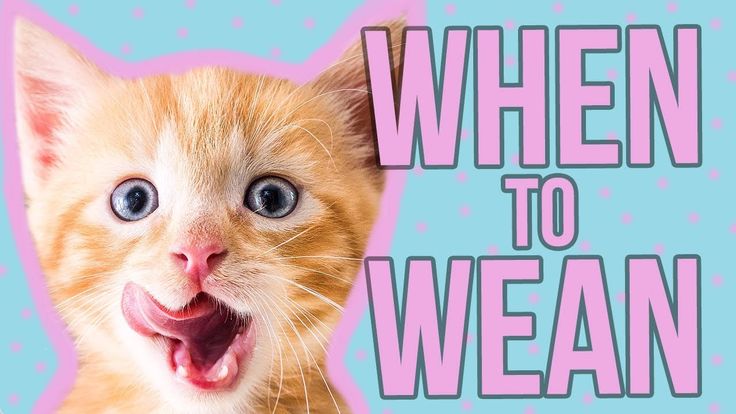 A veterinary nutritionist can help you with this. nine0005
A veterinary nutritionist can help you with this. nine0005
Therefore, baby food is a major compromise in any case. For comparison, in the professional feeds of the super premium and holistic class (which are used in Murkosh), the balance of useful substances is precisely adjusted, and there is also a vitamin and mineral complex.
Read about super premium food: Super premium cat food
About holistics: Holistic cat food in the diet - but only a product used for health problems in an animal. nine0005 Of course, the most obvious alternative to baby food for kittens is professional food labeled “for kittens”. For the little ones (but who have already stopped feeding on mother cat's milk), we recommend wet food. It usually consists of specially minced pieces of meat, and also includes a wide list of vitamins for healthy growth and development of the furry. Now many companies have started to produce food in the form of a pate, which is more than a worthy alternative to meat mixtures, while (if it is a quality food - super premium and holistic class) it already contains all the useful substances necessary for the growth of a kitten. More about pates: Pates for cats not suitable as a complete natural food, but may be recommended for medical reasons by the attending veterinarian for a certain period. However, owners should always carefully monitor the condition of the cat after eating such foods, and also contact the veterinarian if symptoms of an allergic reaction appear. Remember that your pet's health is entirely in your hands! nine0005 Home / Nutrition / Can cats eat baby food? 06/03/2021 owner reviews 1,397 views Here you will find the best information about cat food. And answer your most pressing question; can cats eat baby food? Yes, but it's not what you think! Whereas baby food may be an additional choice for some cats. You must be especially careful with baby food. Not all ingredients in different brands of baby food are the same. And in order to know what your cat is eating, it's helpful to know if it's safe or not. So if you want to change your cat's diet to something more familiar. Like healthy baby food packed with essential nutrients. Then you need to read what's next. Contents The latest baby food contains no toxic ingredients or chemicals. They are healthy, safe and nutritious. So it's safe to say that cats can eat baby food without even worrying about it. But at the same time, human food, which includes cat food, should not exceed 15% of the cat's diet. nine0005 © shutterstock Choose baby food without the following 4 ingredients: The variety of healthy baby food on the market is amazing. But is all baby food healthy to eat? Let's find out. It's nice to have a new pet at home. Especially if it's a cat. And you have to be careful about the type and amount of food you feed your new cat. It's only natural for your cat to get sick due to food and water changes. Most baby foods contain meat, which can be tempting to a cat. Baby food is rich in vitamins, minerals, amino acids and other trace elements. They are easier to digest and fight inflammation and infection in the body. However, one nutrient not found in infant formula is taurine. And it's one of the nutrients that cats don't produce on their own like humans do. Affects the skin, coat, heart and reproductive organs of the cat. So be sure to monitor your cat's taurine intake to avoid deficiency. This suggests that cat food is the best thing to feed your cat. However, baby food is the ideal choice recommended by doctors when: Baby food with the following ingredients is harmful to cats. Under no circumstances should cats eat these foods. These ingredients may be present in some types of baby food. We all know that cats can be picky eaters. So it's best to try several options. You never know when you'll hit the spot! Cats easily adapt to feeding. You can offer them a variety of dishes. And when your cat gets sick, the first thing to do is change her diet. It reduces signs of infection, indigestion and other symptoms. What can be substituted?
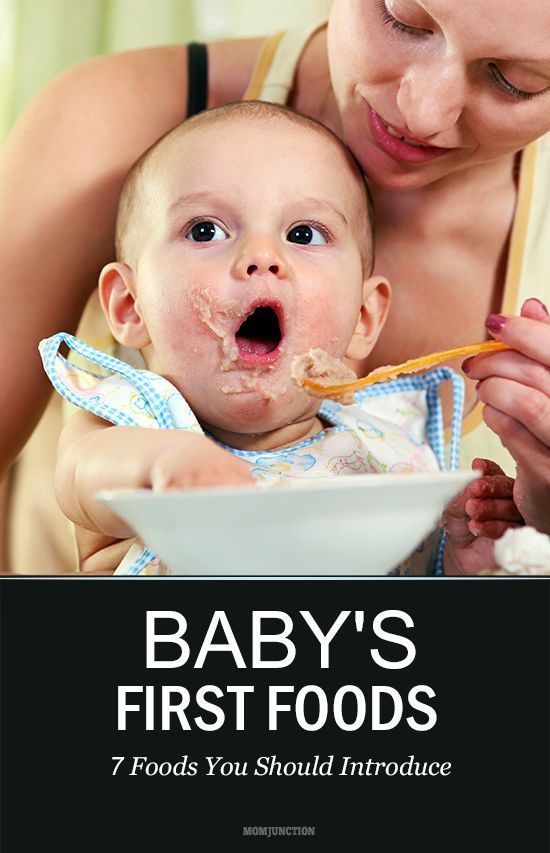 nine0005
nine0005 Can I give a kitten baby food?
 nine0005
nine0005
What's in baby food?
 So keeping it out of your cat's digestion is the number one priority.
So keeping it out of your cat's digestion is the number one priority. 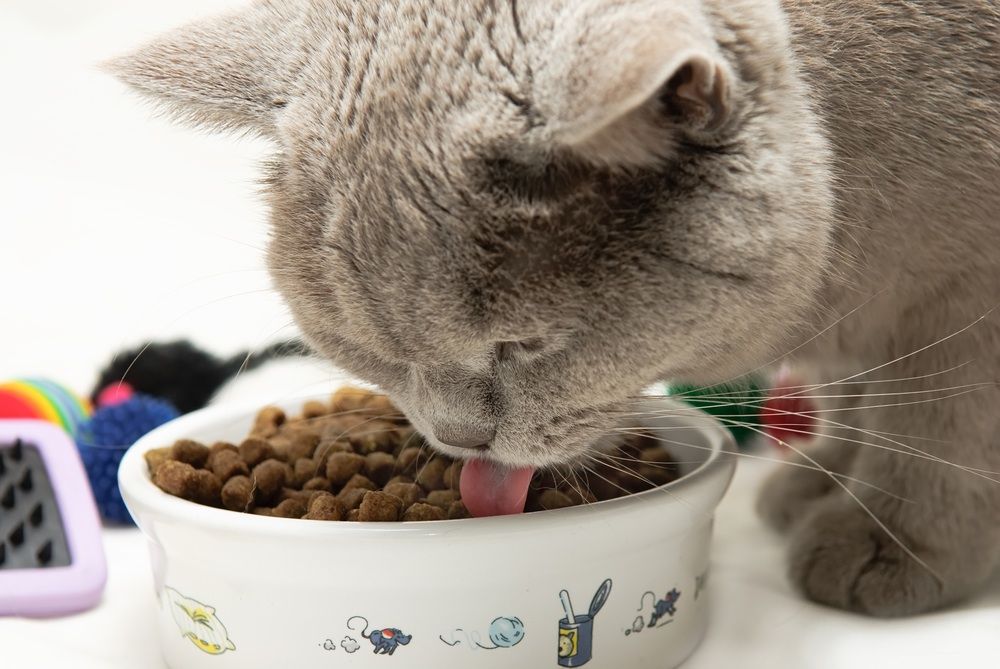 And there are certain types of baby food that are high in sugar. Sugar improves the taste so that the child does not refuse it. In cats, it can contribute to diabetes, thyroid disease, obesity, and heart disease. Another important ingredient to avoid is trans fats. Trans fats are added to baby food to increase its shelf life. And it makes products more accessible for bulk purchases. nine0107
And there are certain types of baby food that are high in sugar. Sugar improves the taste so that the child does not refuse it. In cats, it can contribute to diabetes, thyroid disease, obesity, and heart disease. Another important ingredient to avoid is trans fats. Trans fats are added to baby food to increase its shelf life. And it makes products more accessible for bulk purchases. nine0107 Can cats eat baby food?
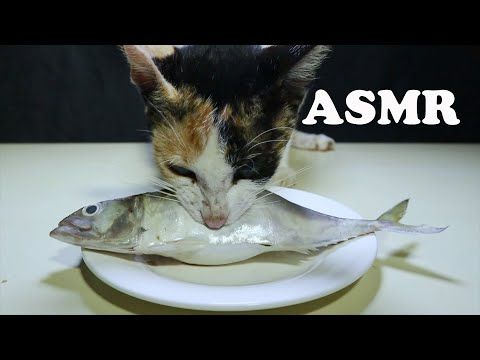 nine0005
nine0005
What to keep away from cats?
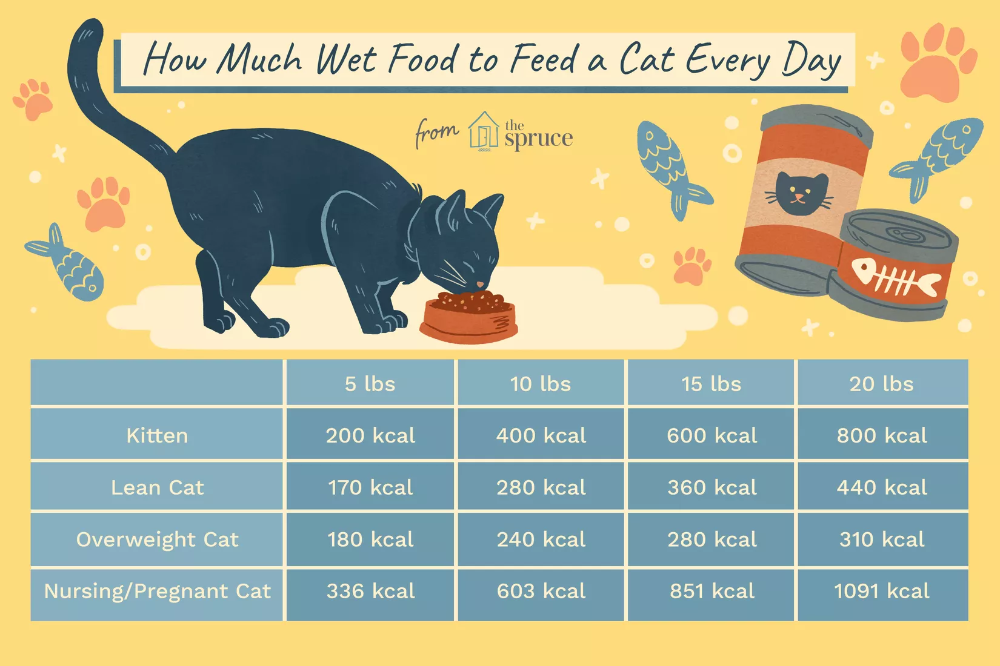 nine0005
nine0005
Final thoughts
